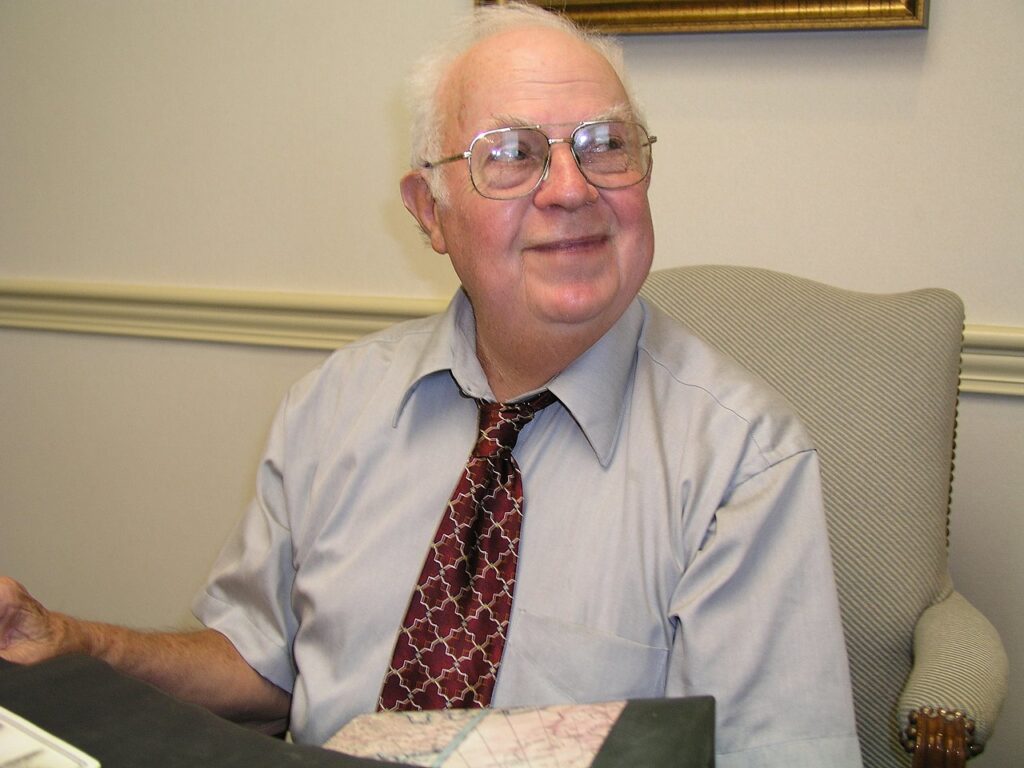It’s with a bittersweet twinge that I share the passing of an individual who has profoundly influenced my professional and personal journey, and the autism community at large. Donald Triplett, fondly remembered as “Case 1” in the annals of autism diagnosis, left us last Thursday at his home in the quaint city of Forest, Mississippi. At the ripe age of 89, he transitioned to the next journey, leaving behind a legacy of enlightenment, acceptance, and resilience.
Donald, or Don as we affectionately know him, battled cancer until the end, according to his dear nephew, O.B. Triplett. Yet, his spirit continues to illuminate the corridors of autism understanding and awareness. Over the years, autism diagnoses have seen a steep rise – a change from one in 110 children in 2006 to one in 36 this March, according to the CDC. The reasons remain an enigma, stirring ample debates. But one irrefutable fact is that our understanding of autism today is deeply rooted in Don’s extraordinary life journey.
Born on September 8, 1933, Don was the beloved son of a high school English teacher, Mary (McCravey) Triplett, and Beamon Triplett, a Yale Law School-educated lawyer. Early on, Don’s world seemed tangential to those around him. His interactions or lack thereof with others, his unique language use, and his repetitive behaviors were at first a mystery to those around him.
Yet within this unique realm of Don’s, he displayed skills that left everyone in awe. His remarkable mathematical prowess, his innate musicality, and the rumor that he calculated the number of bricks in his high school facade by mere glance highlighted his unique brilliance.
In a bid to understand their son better, Don’s parents sought the expertise of Dr. Leo Kanner, a renowned psychiatrist at Johns Hopkins University. Don’s parents’ persistence and Dr. Kanner’s insights changed the narrative not just for Don but for millions on the spectrum. Dr. Kanner, in his 1943 paper, outlined the characteristics of this unique condition based on observations of Don and ten other children. Don became the inaugural case, the first among many who would later find their experiences encapsulated in the term “autism spectrum disorder.”
As Don grew older, his idiosyncrasies remained, but his life took an empowering trajectory. He graduated high school, earned a degree from Millsaps College, learned to drive, secured a job at the local bank, and even traveled the globe on his own. This narrative of growth, resilience, and acceptance paints an empowering picture for all those touched by autism.
It’s impossible to ignore the role that Don’s family’s resources and societal status played in his life’s trajectory. But equally significant was the warm embrace of his hometown, Forest. This community of 3,000 made a conscious decision to welcome this unique individual, to accept him with all his eccentricities, and to celebrate his strengths. They saw beyond the autism to the person that Don was – loving, talented, and remarkably resilient.
Don leaves no immediate family behind, but a band of friends who joined him for morning coffee, neighbors who invited him for golf tournaments, and a community that stood guard over his well-being. They saw him for who he was – a math wizard, a musical savant, and their own beloved guy.
As we mourn Don’s passing, we also celebrate his life. His journey has illuminated a path for countless individuals living with autism, and for that, we remain forever grateful. His legacy remains a testament to resilience, acceptance, and the power of a supportive community. And as we carry his memory forward, we also carry his message: that each person, no matter their idiosyncrasies

